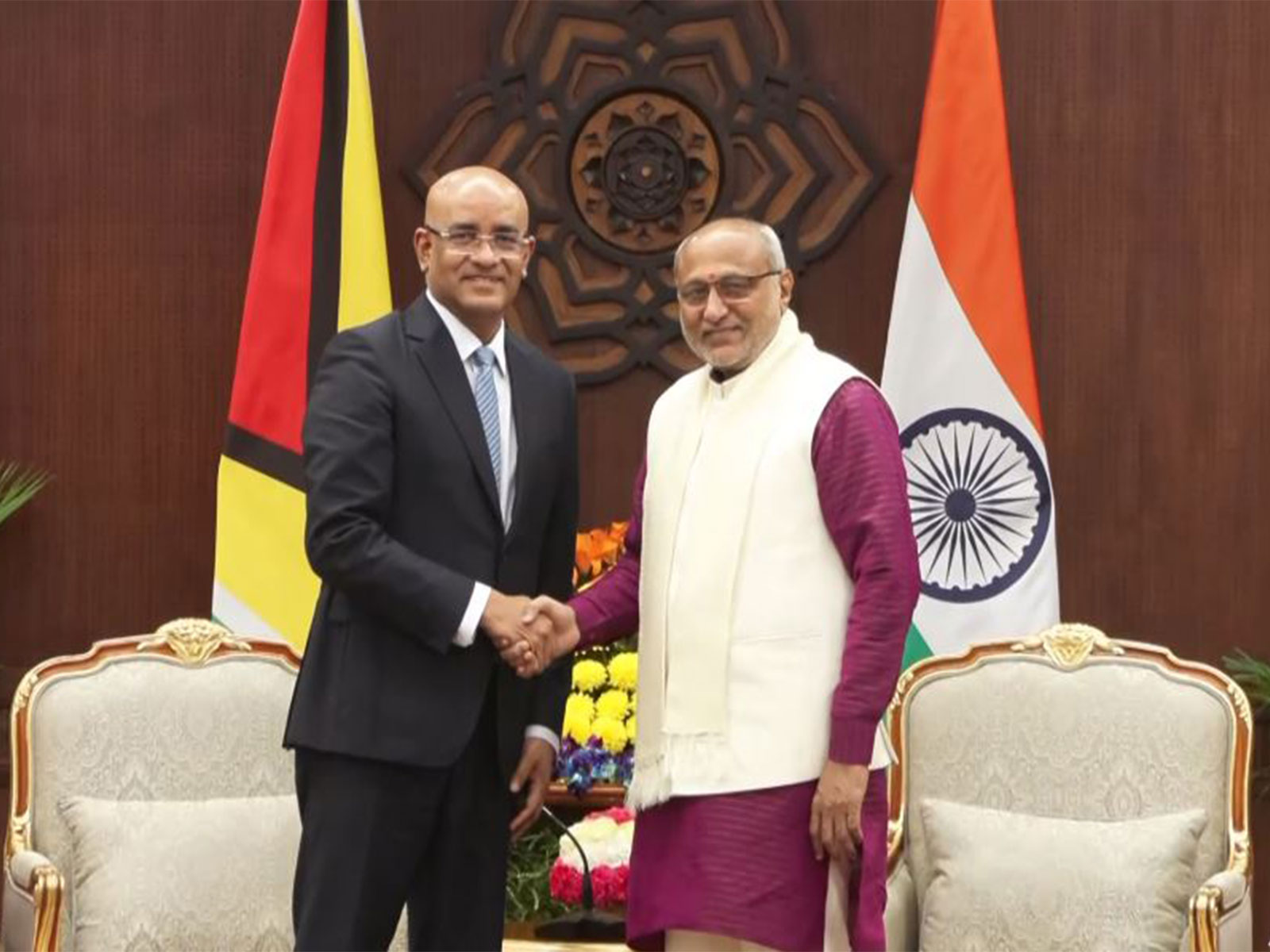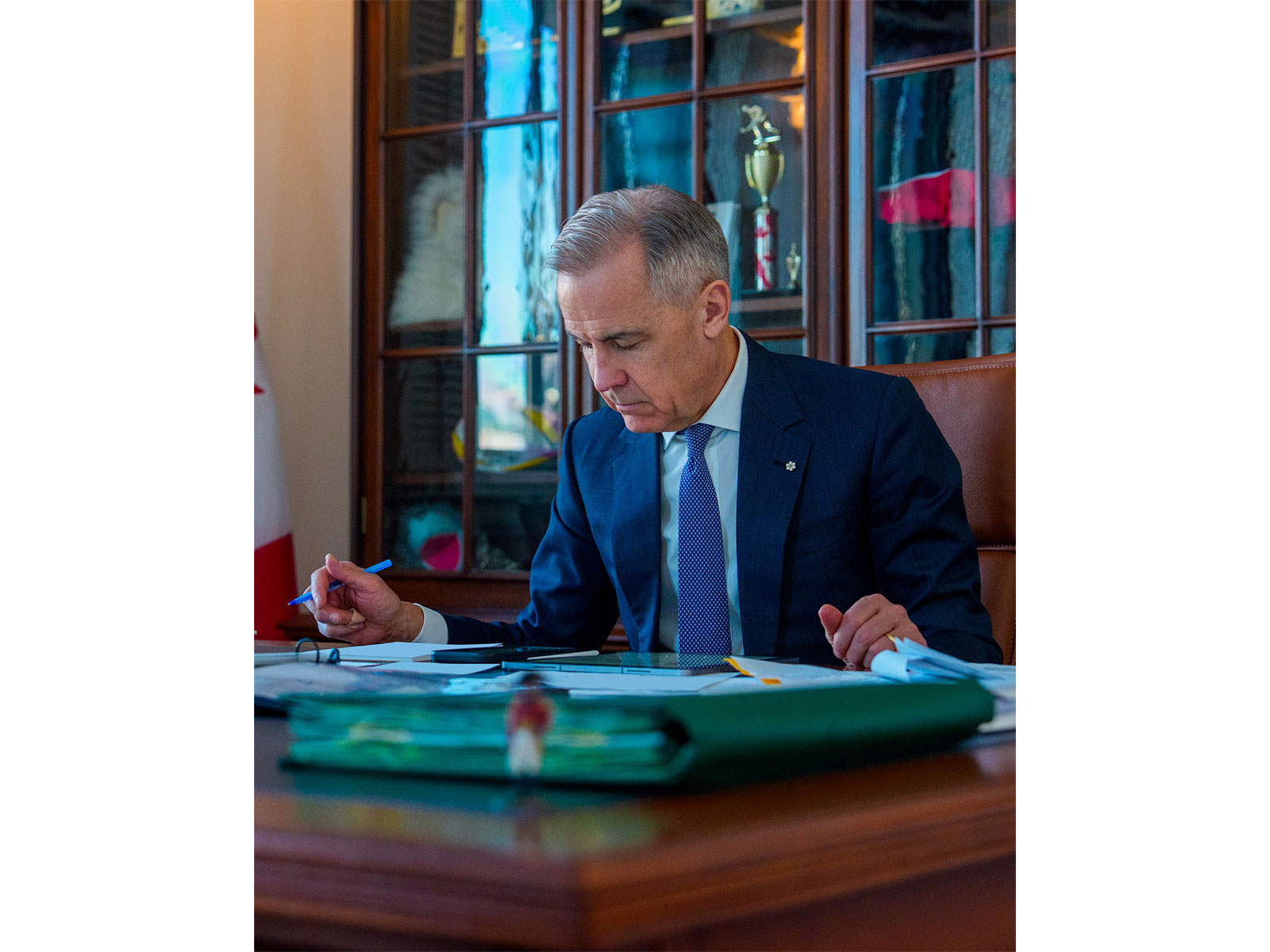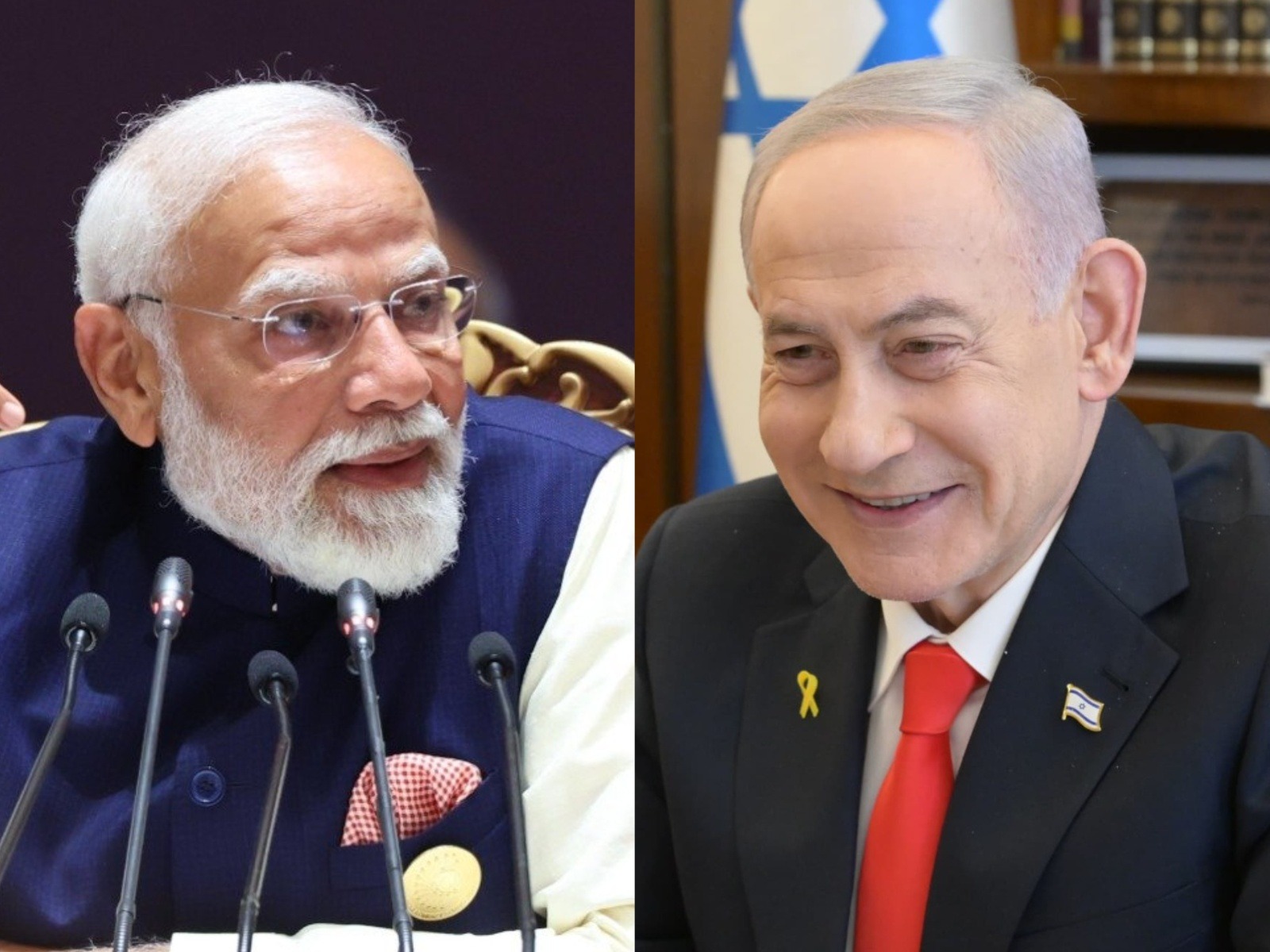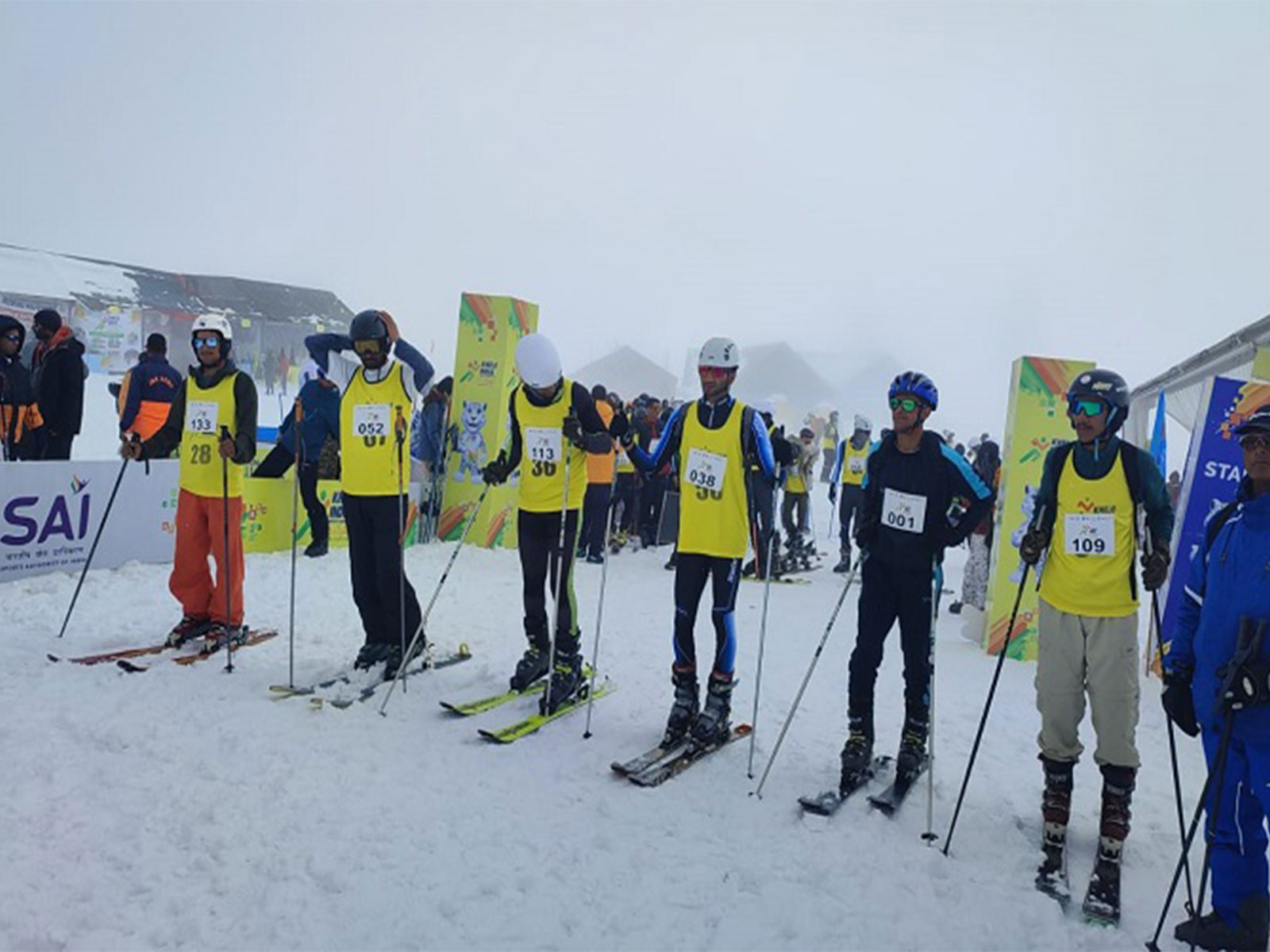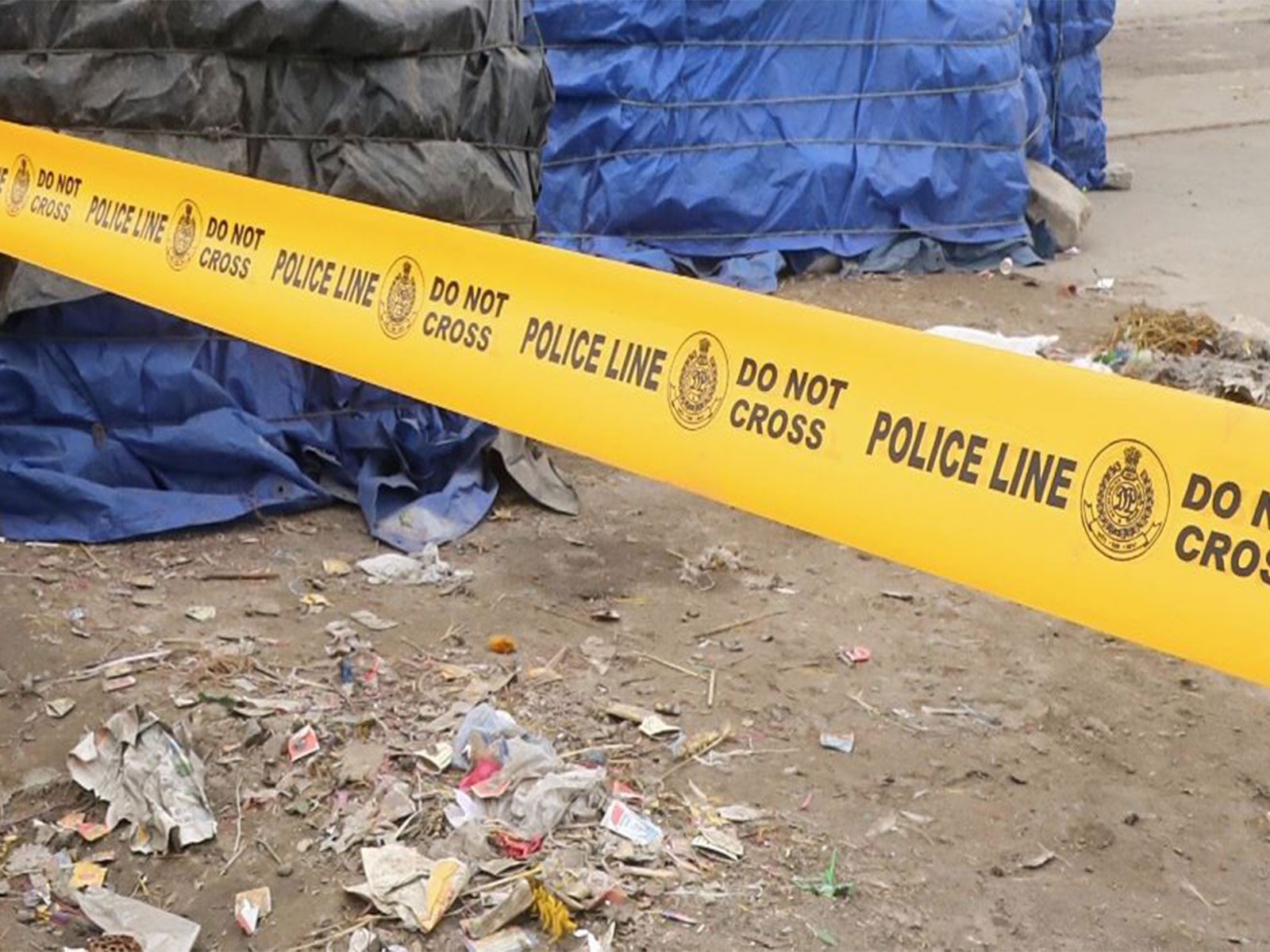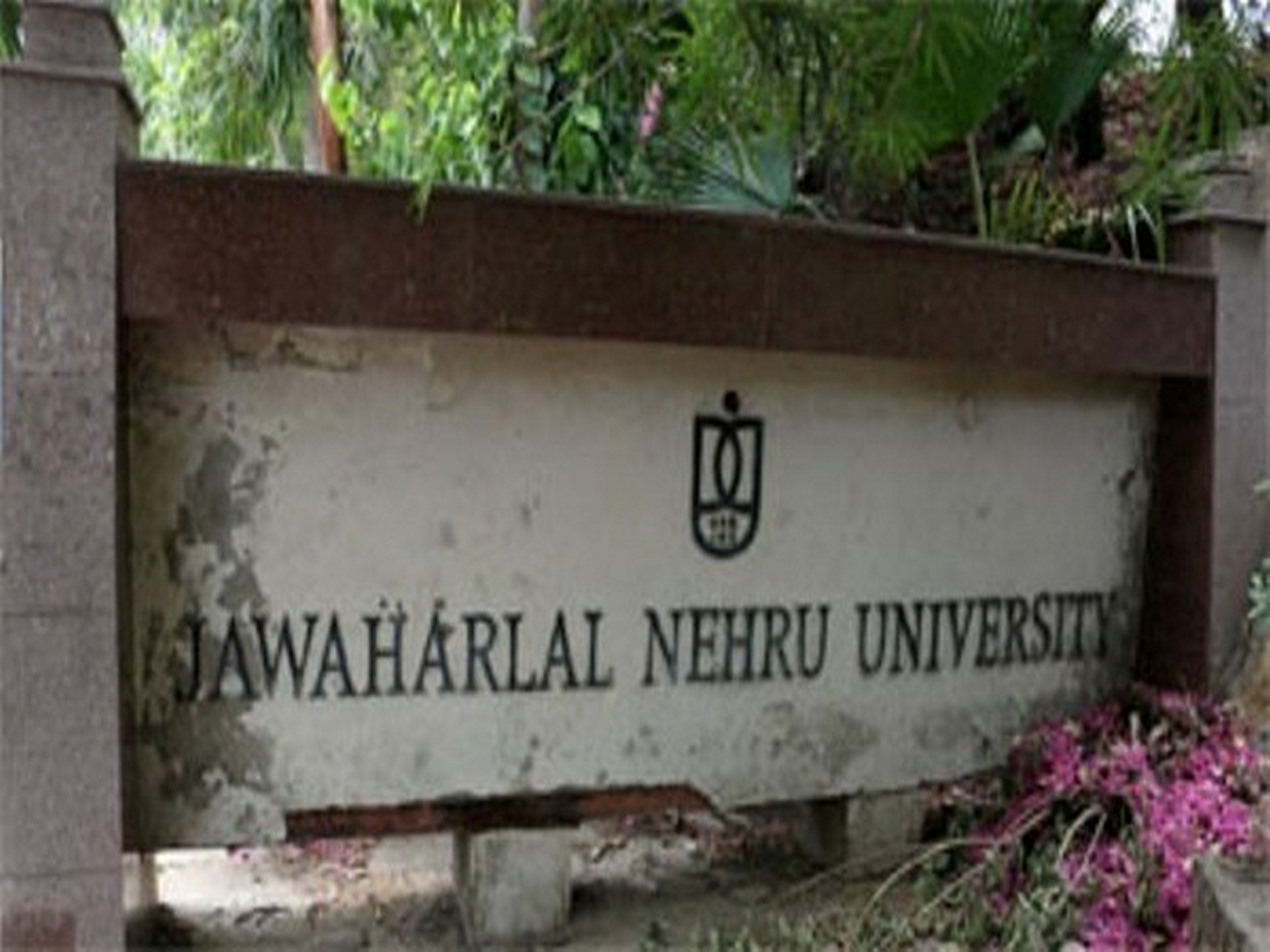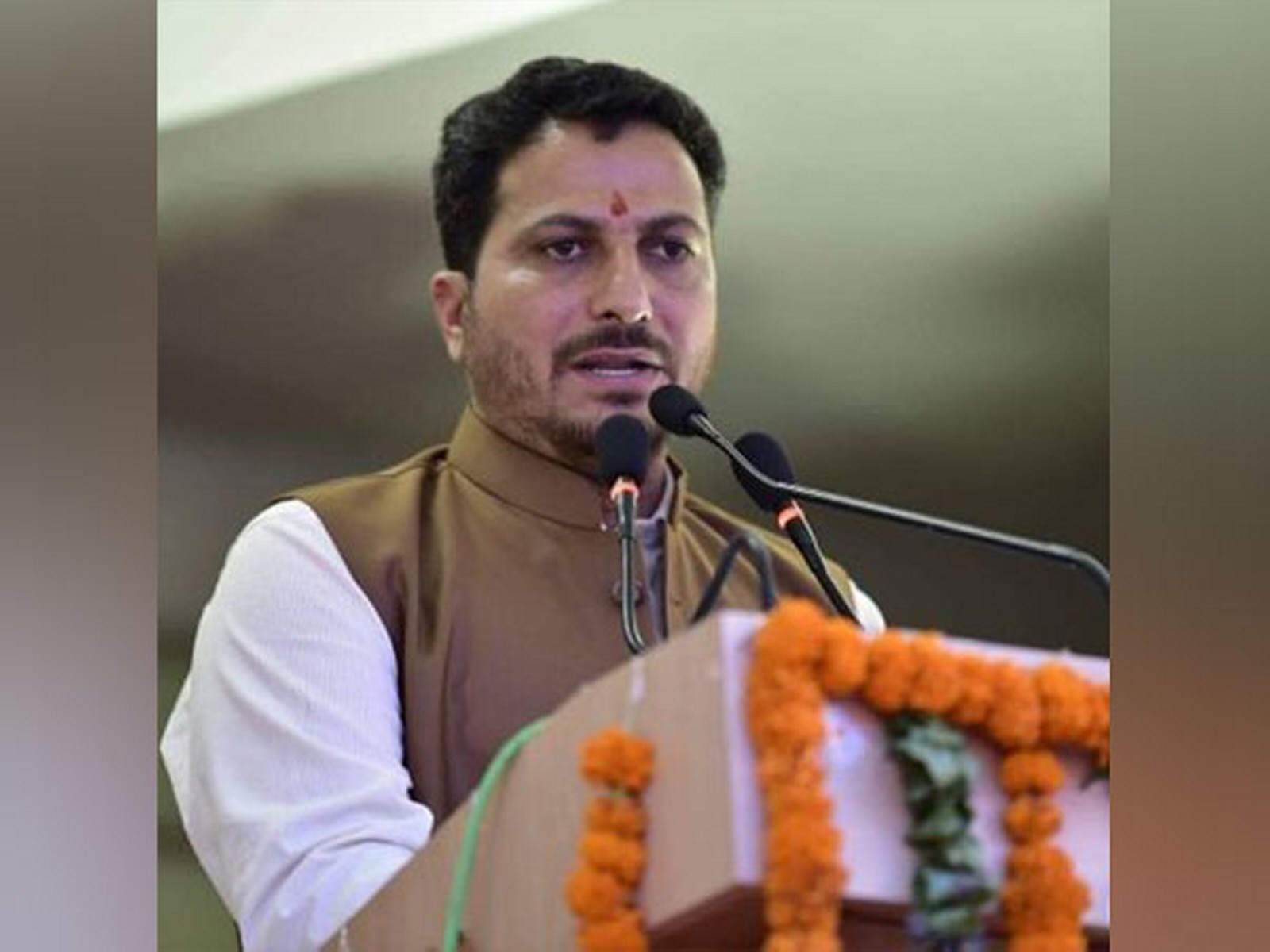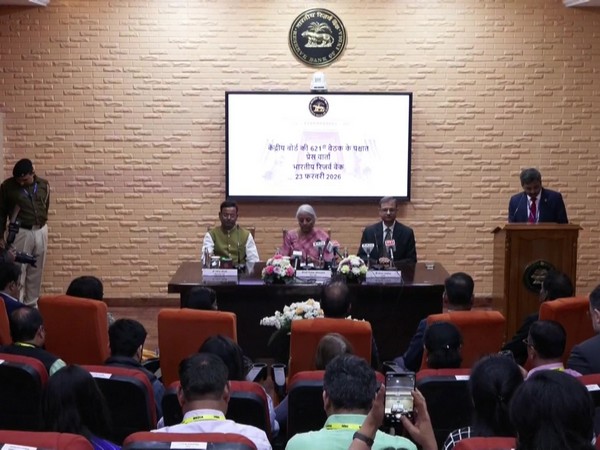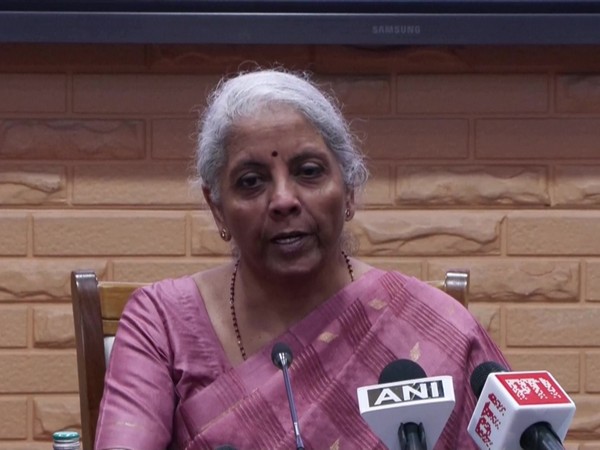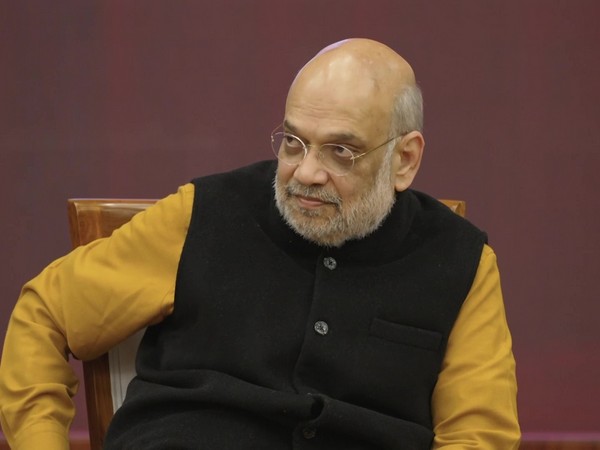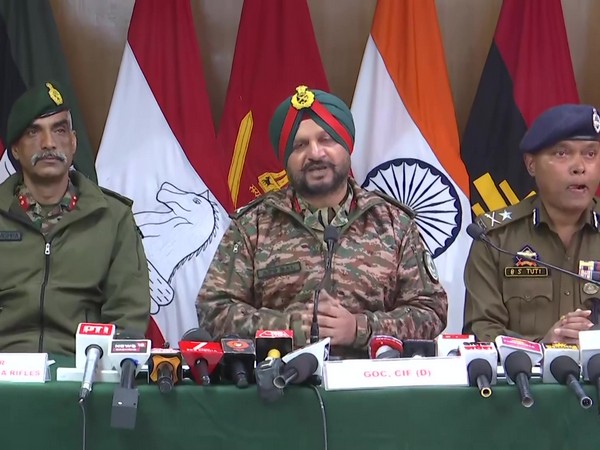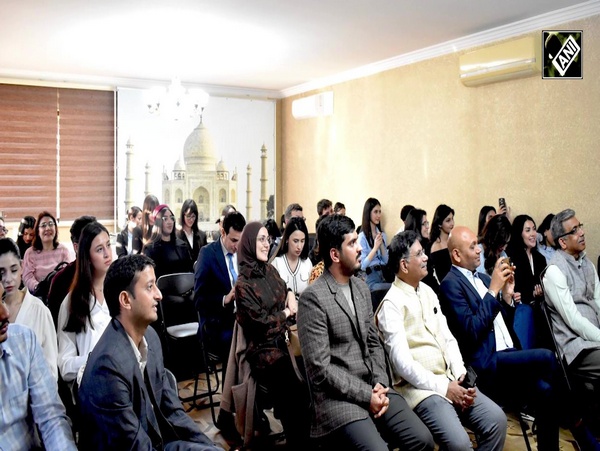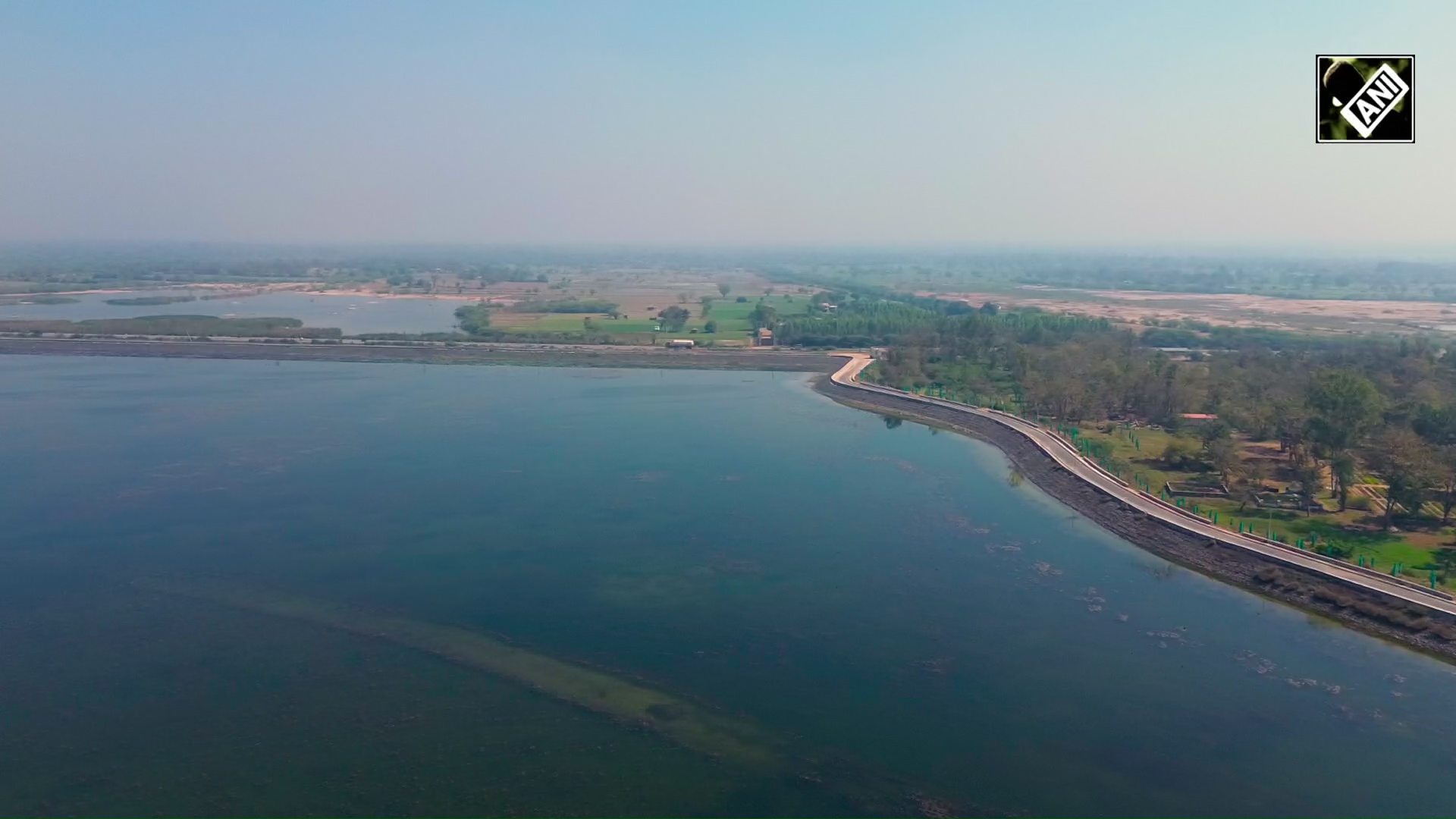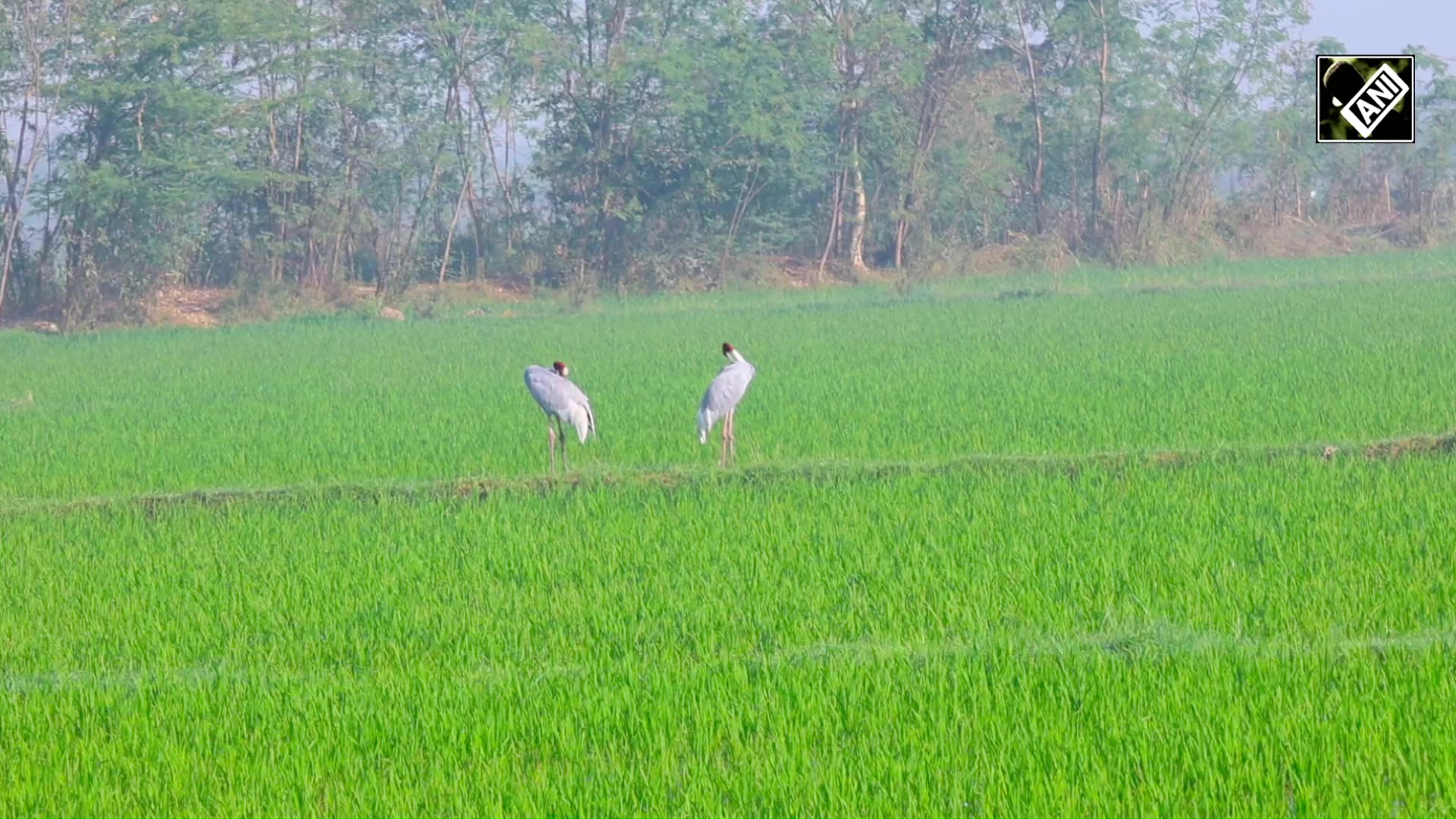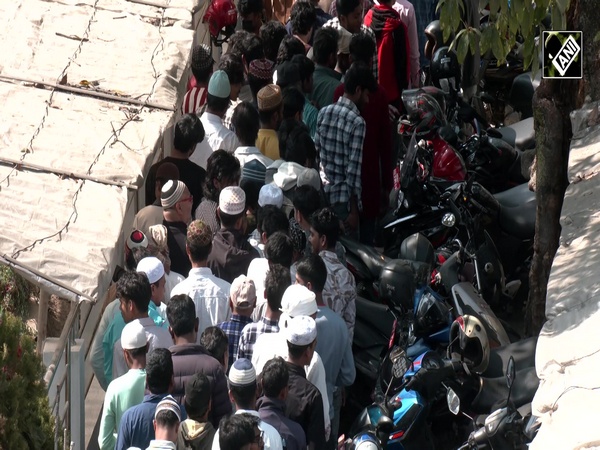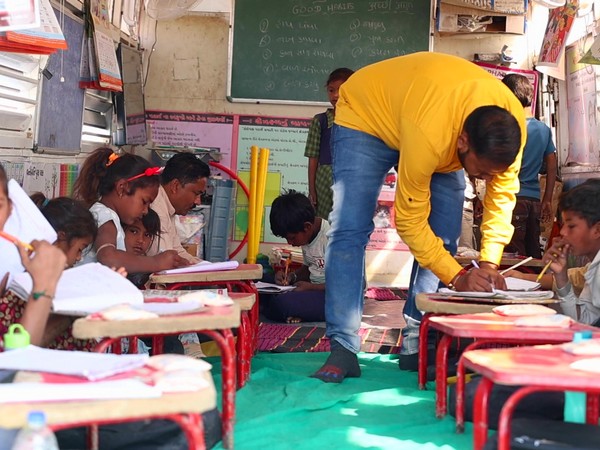China manipulating int'l institutions to hide its assertion of power in Taiwan, Xinjiang: Foreign affairs expert Harsh Pant
Aug 07, 2022

By Heena Joshi
New Delhi [India], August 7 : China has been manipulating international institutions to serve its narrow agenda and hide its brute assertion of power over Taiwan and Xinjiang, Harsh Pant, Vice President for Research at Observer Research Foundation, New Delhi said.
However, Pant said that the world now understands these Chinese shenanigans. He said that international institutions have always been a reflection of underlying global balance of powers and it is not surprising that China is trying to use them to serve its interests.
These comments by Pant were in regard to Taiwan's request to participate in the World Health Assembly (WHA) as an observer; however, the island nation was excluded from the conference for the sixth straight year in 2022 as the Chinese government has been blocking Taiwan's representation.
"From last few years, the rise of China has become a reality and it is using a number of premier institutions and undermining the very nature of some of them. If you think of an institution like World Health Organization, in theory, this is largely a technical institution and it is supposed to help the international community, monitor and manage global health challenges."
The expert said the way WHO was manipulated by China in the initial stages of the COVID-19 crisis actually woke up a large part of the world to the reality that unless something is done to push back against this kind of approach, many of these organizations which till a few years ago were not seen as so divisive. It would be very difficult to have any kind of global governance architecture.
"China's sole purpose has been to manipulate some of these institutions to serve its very narrow agenda."
The foreign policy expert noted the world saw how China was not transparent when it came to the COVID crisis, the way it was managing it and the way it was only concerned about its own interests.
Notably, Shanghai residents, at the hands of China's Zero-Covid policy, were being subjected to unprecedented neglect, mistreatment, and abuse, with leaked videos on social media confirming blatant human rights violations.
On the other hand, he said, "Taiwan was able to manage the crisis better than others and it was also much more transparent about the challenges it was facing so there has been a lot of appreciation of Taiwan in that context."
He said that the trust in China as a responsible global player has declined considerably.
Responding to a question about whether China is a threat to other countries as well, Pant said, "Of course, there is a wider global push back against China's growing aggression at a number of levels. Taiwan has once again become a kind of a central pillar in that engagement and the way it is treating Taiwan today will become a bigger factor as well."
Notably, Beijing claims full sovereignty over Taiwan, a democracy of almost 24 million people located off the southeastern coast of mainland China, despite the fact that the two sides have been governed separately for more than seven decades.
"There is a lot of sympathy today for Taiwan perhaps more than at any other time in recent history and the larger part here is that US-China's contestation and competition has grown and Taiwan is at the very heart of this contestation."
Taipei, on the other hand, has countered the Chinese aggression by increasing strategic ties with democracies including the US, which has been opposed by Beijing. China has threatened that "Taiwan's independence" means war.
Over the situation in Xinjiang, Pant said the situation is dire and it is perhaps one of the worst we have seen anywhere in the world in recent memory. He also noted that many Islamic nations who often criticize other countries have been keeping quiet over the worrisome Xinjiang situation.
"If you see the behavior of the Islamic nations, that has been very very strange and very challenging because for Islamic nations which are often very quick to criticize other countries have been so reticent in their criticism of China on this issue apart from a few countries here and there. We have not seen Islamic nations coming together and denouncing the Chinese."
China has been accused of committing crimes against humanity and possibly genocide against the Uyghur population and other mostly-Muslim ethnic groups in the north-western region of Xinjiang.
"With the kind of power China enjoys it can get away with it. International community works in mysterious ways. It speaks volumes about the economic power that China wields. Resources that China throws at them hve kept these Islamic nations quiet on one of the biggest human rights atrocities anywhere in the world."
Human rights groups believe China has detained more than one million Uyghurs against their will over the past few years in a large network of what the state calls "re-education camps", and sentenced hundreds of thousands to prison terms.
He said that international governance only works when you have major power consents and today what we are discussing is major power contesting and institutional segmentation and therefore global governance is fractured and is not working when you have issues like these human rights issues with China.
There are media reports suggesting that UN Human Rights Chief Michelle Bachelet's visit in May to Xinjiang was tampered with and that she was not allowed to speak to detained Uyghurs.
"Given the scale of the crisis in Xinjiang and this is not something that the Chinese has done to Uyghurs only. This is what they have been doing this to Tibetans. So they have wiped out Tibetan culture, they have subsumed Tibetan culture by Han migration."
In 1951, the Dalai Lama's representatives signed a 17-point agreement that granted China sovereignty over Tibet for the first time. The Chinese claim that this document is proof of Chinese sovereignty over Tibet while Tibet says that it was coerced into signing this document.
The Tibetan landscape itself has been changed and that is what they are going to do in Xinjiang as well and eventually this crisis will unfold in many tragic ways. This is a reality of what major powers like China can get away with."
The current Dalai Lama says that he wants only autonomy for Tibet, because it would ensure the preservation of Tibet's unique culture, language and customs. The Dalai Lama in 1959 fled Tibet to India after a failed uprising.
Commenting over reports of third party involvement in CPEC projects, Pant stated, "China continues to bring territory after territory into contestation from Arunachal Pradesh to Sikkim to Pakistan-Occupied Kashmir where increasingly we are seeing China meddling in and becoming a third party to the conflict."
Moreover, when asked about China not reciprocating on "One-India" policy even when India continues to adhere to "One-China" policy, the expert said, "It is a valid question as far as India is concerned to ask China. India has been adhering to the One China policy despite different administrations, different governments and despite various challenges that India has faced with China. India has been adhering to it for certain decades now. However, you cannot have it one way."
'One-China' policy is the diplomatic acknowledgement of China's position that there is only one Chinese government. Under the policy, the US recognises and has formal ties with China rather than the island of Taiwan, which China sees as a breakaway province to be reunified with the mainland one day.
"You cannot have China not respecting India's sensitivity but expecting India to respect Chinese sensitivities on One-China. There are many in India who have started questioning why India should adhere to any kind of One China policy if China does not believe in One-India policy."
"I think many in India will question if India should adhere to One-China policy and what is India gaining by doing so."
India is sensitive to the reality that anything India does on One-China policy will have implications for the broader normalization of the border issue with China which makes sense, he pointed out.
"But I think increasingly with China's visible lack of acceptance of India's concerns, questions are being raised that China should be mindful of that there are growing voices in India who are questioning this One-China narrative and there will be questions if China does not alter its expansionist position along the LOC."
Upon the possibility of a cold war between US-China, the think tank foreign policy expert said, "There are differences between the US-Soviet cold war and what actually US-China cold war will imply. Of course China, unlike Soviet Union is a much more capable economic power and US global economy is also intertwined heavily with the Chinese economy and vice versa. So I think cold war comparisons are not perfect but certainly we are moving towards a situation where US and China are already competing and contesting in various fields."
Indo-Pacific, he mentioned, is increasingly becoming the centre of gravity of global politics, global economics and global geostrategy and it is where the contestation will map out mostly.
During the cold war with Soviet Union it was the Euro-Atlantic framework, theatre of Euro-Atlantic and in this cold war it will be Indo-Pacific and in the Indo-Pacific, of course Taiwan is at the heart of this issue, he continued saying.
Speaking on how US and China are also seeking to meet domestic political challenges with the help of Taiwan issue, Pant said, "Xi Jinping as he seeks third term there is going to be domestic pressure on him and further he would be constrained by his own aspirations to assimilate Taiwan into the mainland because that would make him larger than life and I think he believes he can do it."
I think Taiwan is certainly going to be one of the most critical flashpoints for US-China competition in the Indo-Pacific, he added.
On August 4, China launched multiple ballistic missiles into waters to the northeast and southwest of Taiwan, threatening Taiwan's national security and escalating regional tensions in the region.
This follows Nancy Pelosi's high-stakes visit that marked the first visit by a US House Speaker in 25 years since former US House Speaker Newt Gingrich came to Taiwan in April 1997.
"It is also about his own historical legacy as the Chinese economy is not doing very well. The economic indicators are falling. It will be tempting for Xi to rely more and more on hot button issues like Taiwan and he will pressure those buttons. There is no doubt it."
Additionally, speaking on US domestic interests, Pant said, "The US has high rate of inflation. With war in Russia, US has technically entered into recession. There are problems in the US as well and Biden is not seen as a very popular President. There are suggestions that Democrats might lose a lot of seats in the mid-term elections. So there is certainly going to be pressure on the US side as well."
Analyzing and comparing the internal political framework of US and China, Pant said Xi Jinping controls all institutions of governance and is going to go full throttle on Taiwan. But on the US side there are going to be domestic compulsion so there is going to be a battle in these two different political systems."
Biden perhaps was not in favour of the visit but Pelosi decided to go nonetheless and Congress has a strong mandate, so you see these challenges being manifested as they are, he said.
Elaborating on US' commitment to its allies and partners in the Indo-Pacific, Pant observed, "America is committed to support Taiwan if China changes the status quo unilaterally through force. But it is also about America's commitment towards other partners in the Indo-Pacific. We have countries like Japan, South Korea, Australia which are alliance partners but America also has defense partnerships with countries like Philippines and Malaysia. So there are going to be concerns in these countries about the reliability of America as a security guarantor so if America does not really stand up against China's manoeuvring against Taiwan it is going to be a very, very complicated and very, very serious situation in the Indo-Pacific because both sides have pushed themselves into a corner."
He also noted that China has become a domestic political issue in several countries especially in the west. "In any domestic space and domestic political debates on China in most western countries today is turning more hawkish. It is barring China from essential infrastructure, essential critical domestic infrastructure, emerging technologies because that is what is going to determine the future of global order."
Pant while speaking with ANI also shared his views on China's wolf warrior diplomacy. He pointed out, "It is very well established today that the very mode of Chinese diplomacy is a brute assertion of its power and that is visible across the spectrum. It is visible in the diplomatic space in the economic space, in the military space."
On Russia-Ukraine crisis, the expert noted that as Russia is isolated by the west, China is very keen to take advantage of it. "I don't think that China is very keen for Russia to end this crisis. They would like this crisis to continue so long as China does not achieve its objectives."
"We also know any country around the world that challenges China on anything, Chinese diplomats pursues wolf-warrior diplomacy. They are very aggressive on media, social media. They try to push back against narratives. They try to aggressively promote a counter narrative that is oftentimes devoid of facts. But that is what China has become and that is what the world has to live with. So all the nations will have to be on guard against this kind of thing. This is the modus operandi of Chinese diplomacy and it will continue. I do not see China change any time soon."
Professor Harsh V Pant is Vice President - Studies and Foreign Policy at Observer Research Foundation, New Delhi. He is a Professor of International Relations with King's India Institute at King's College, London.

